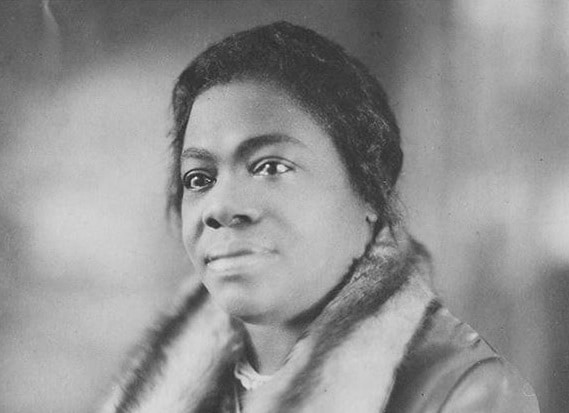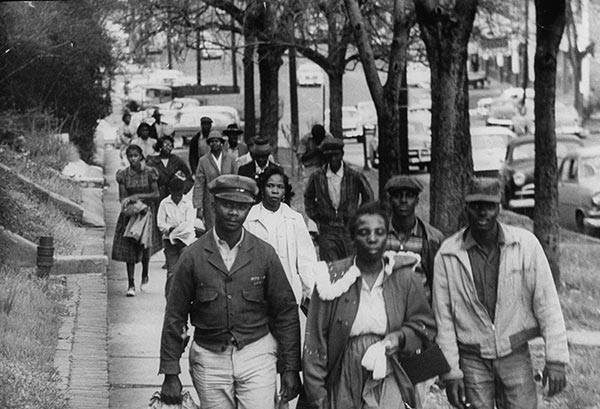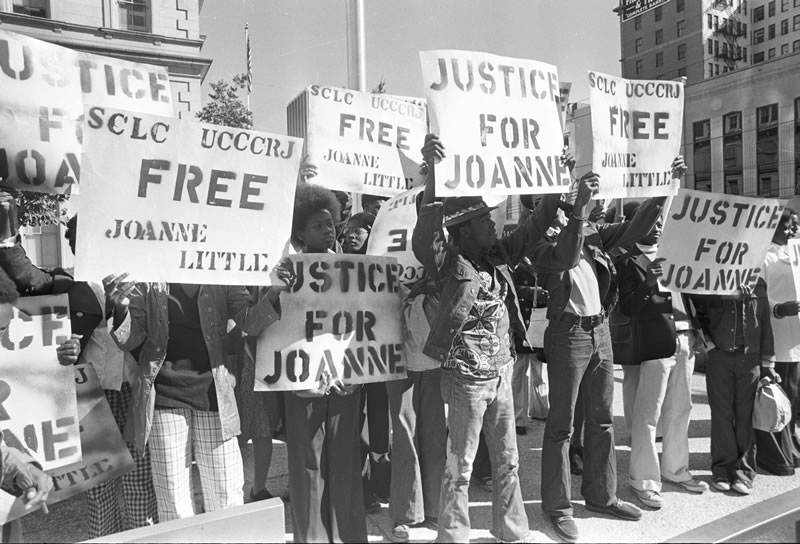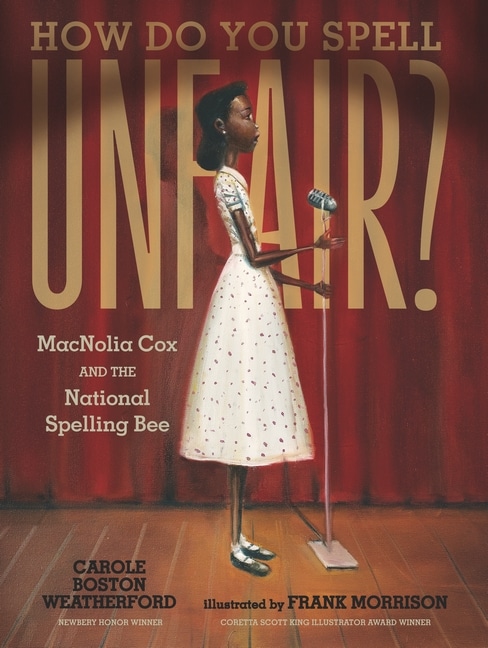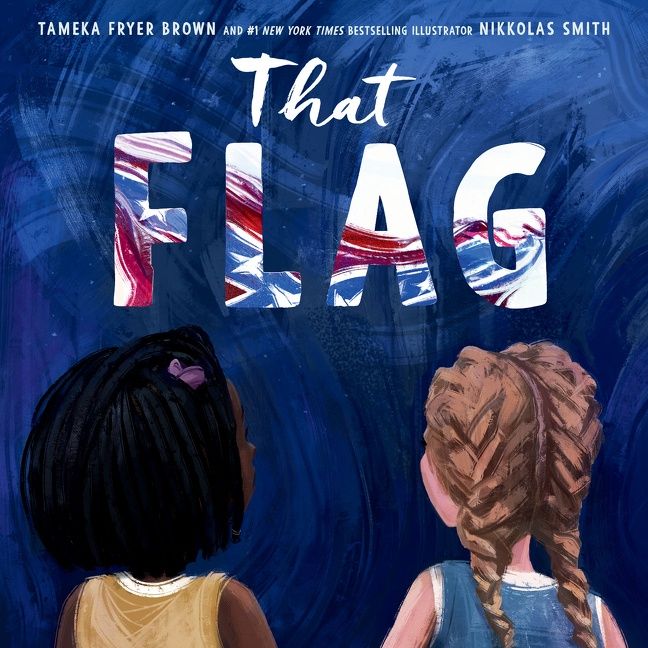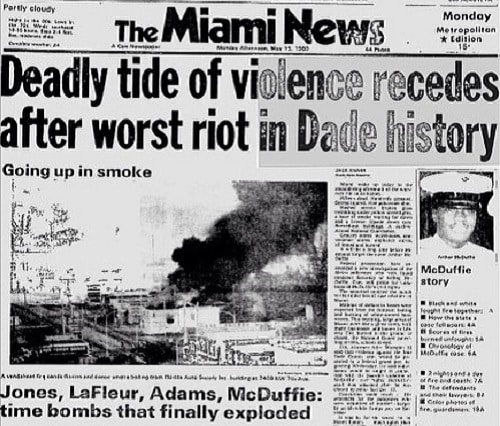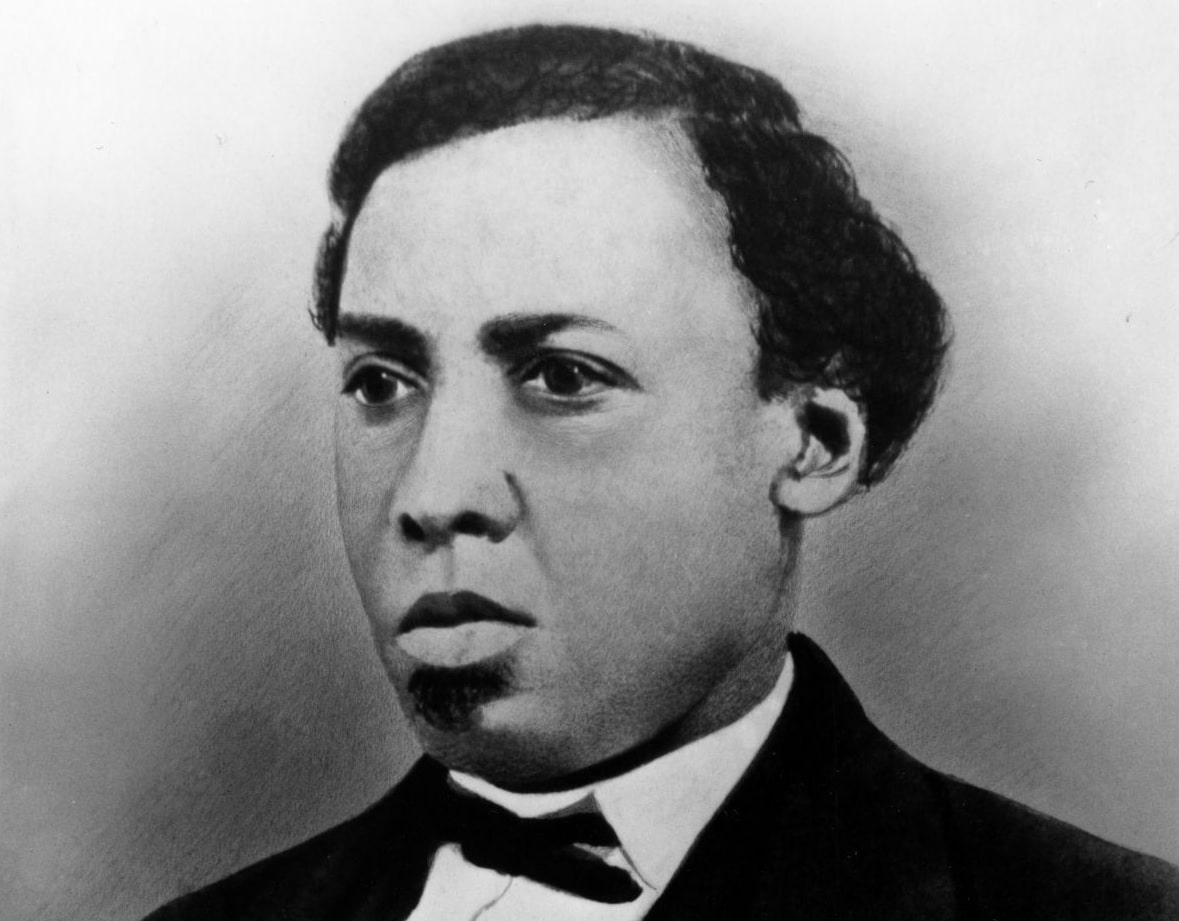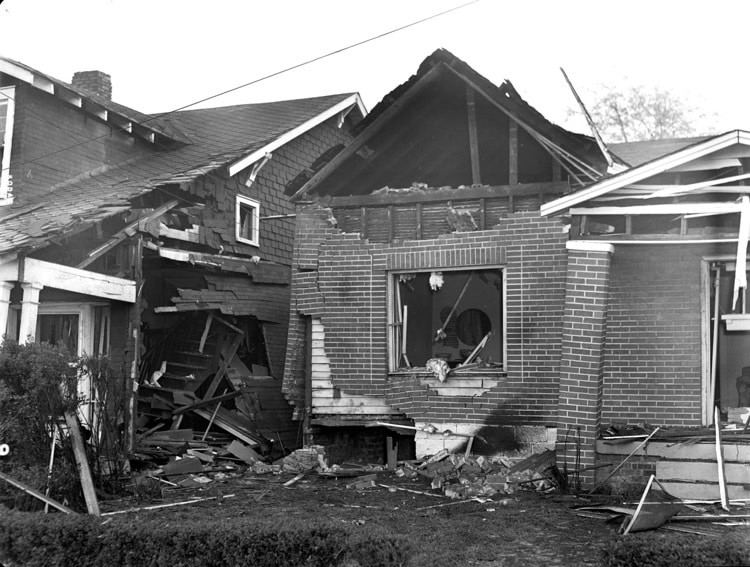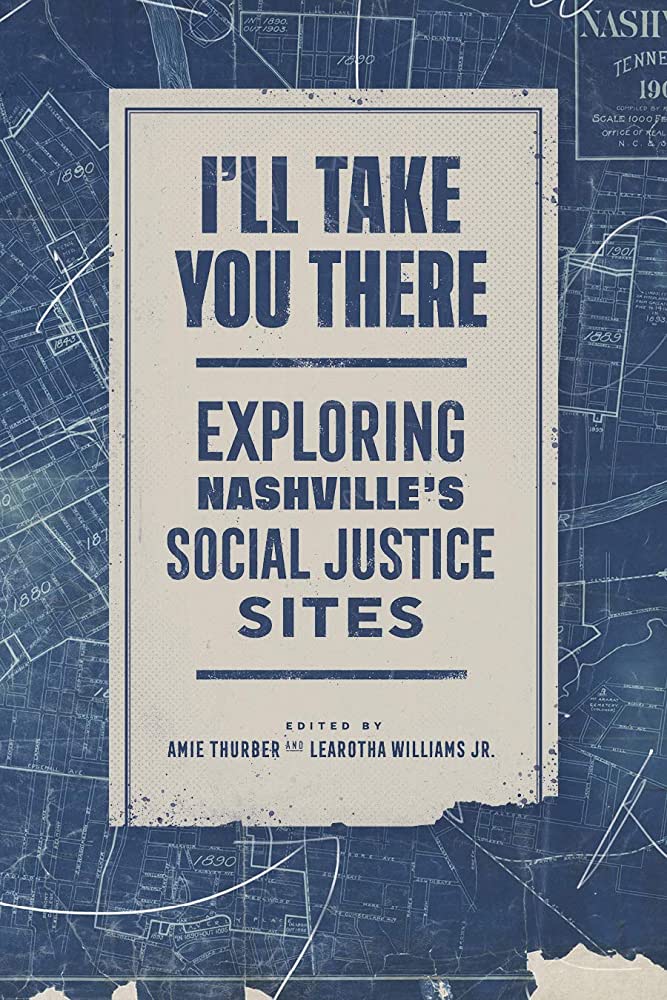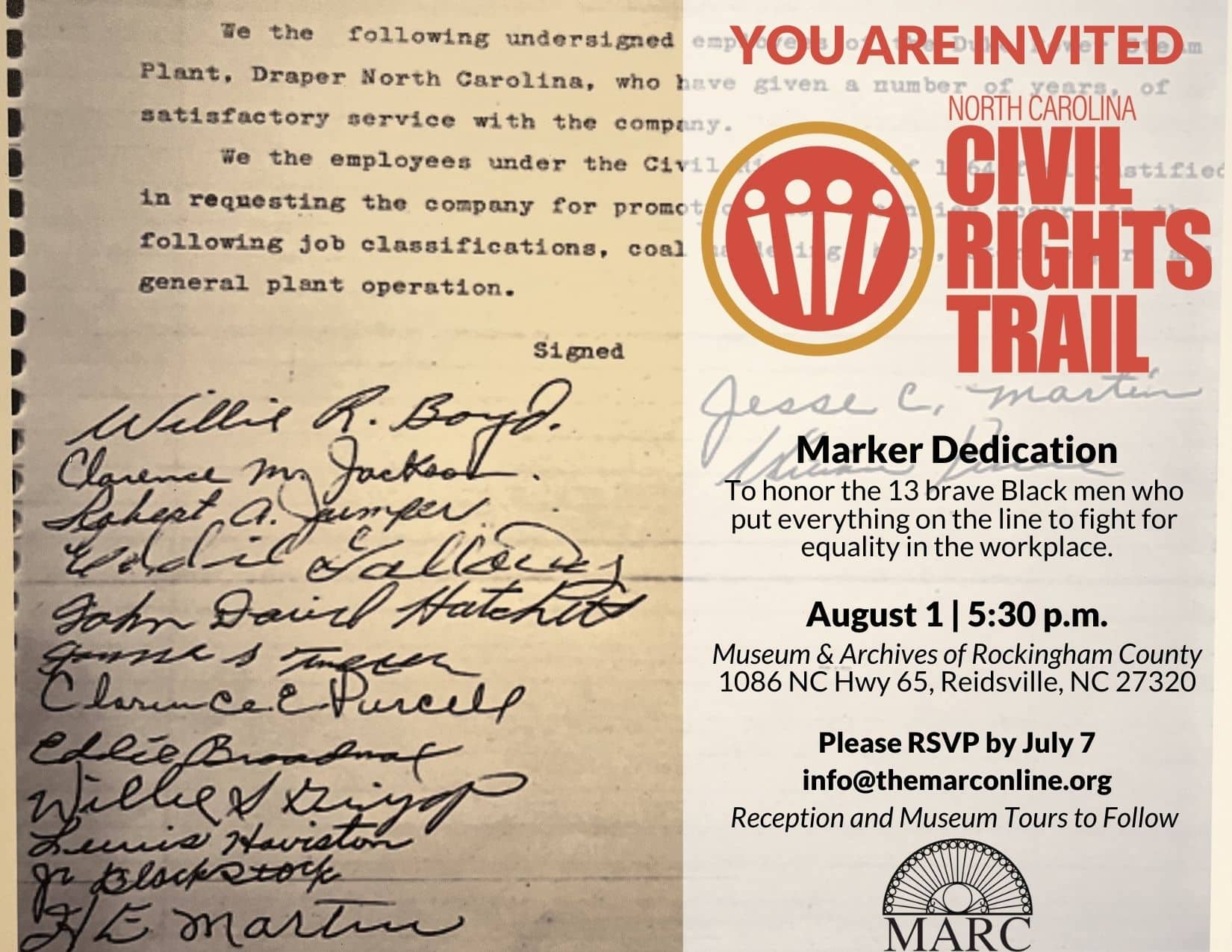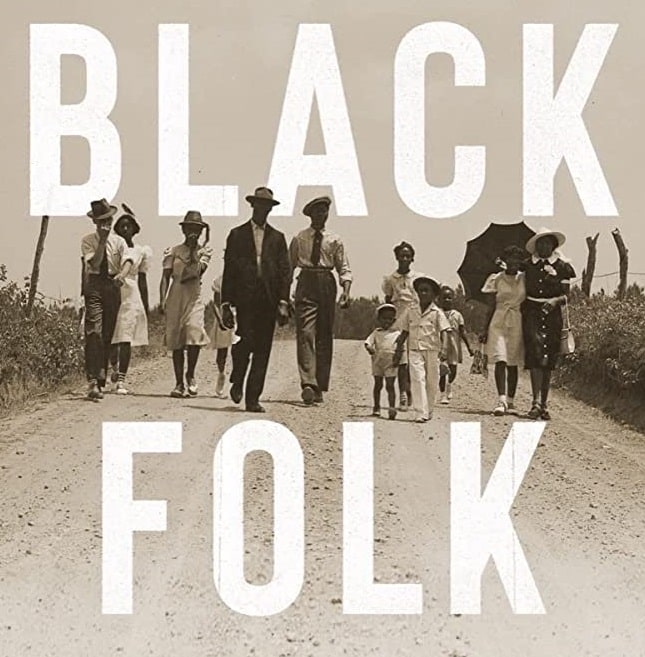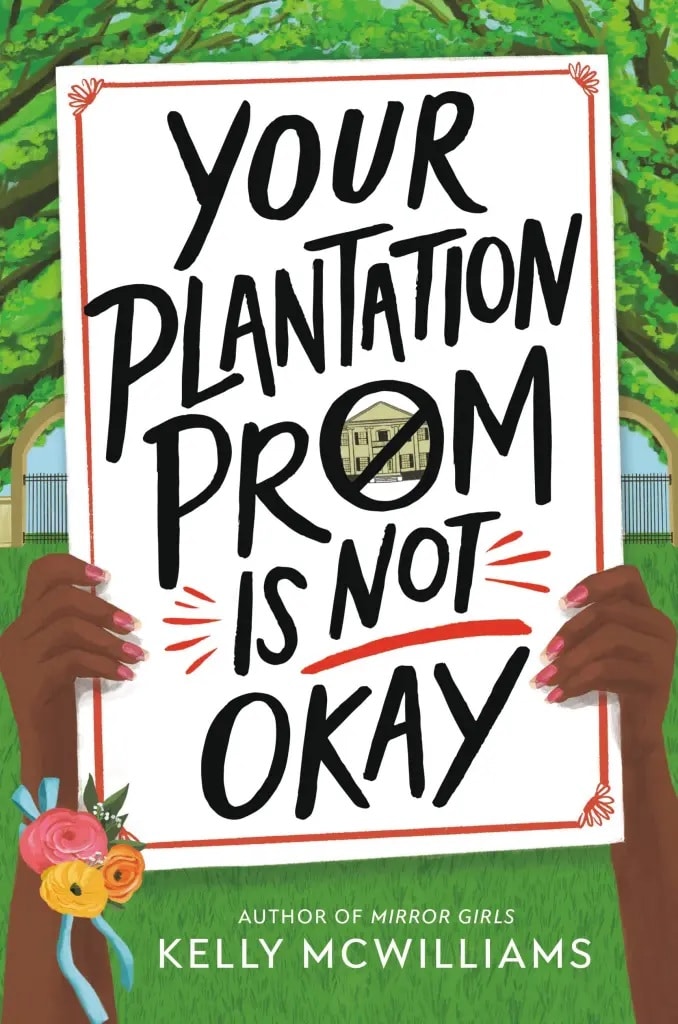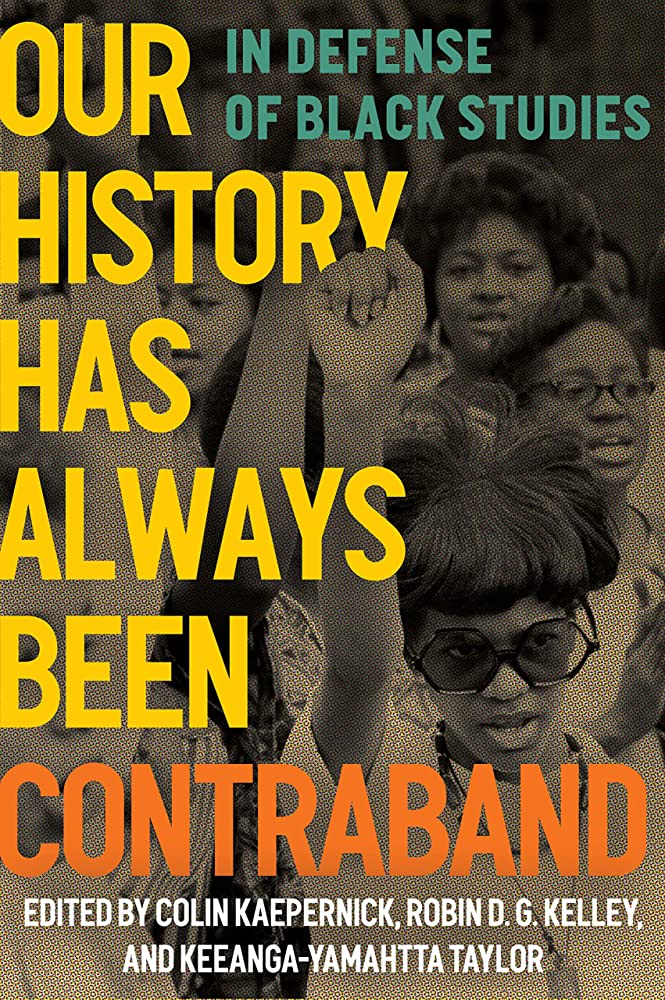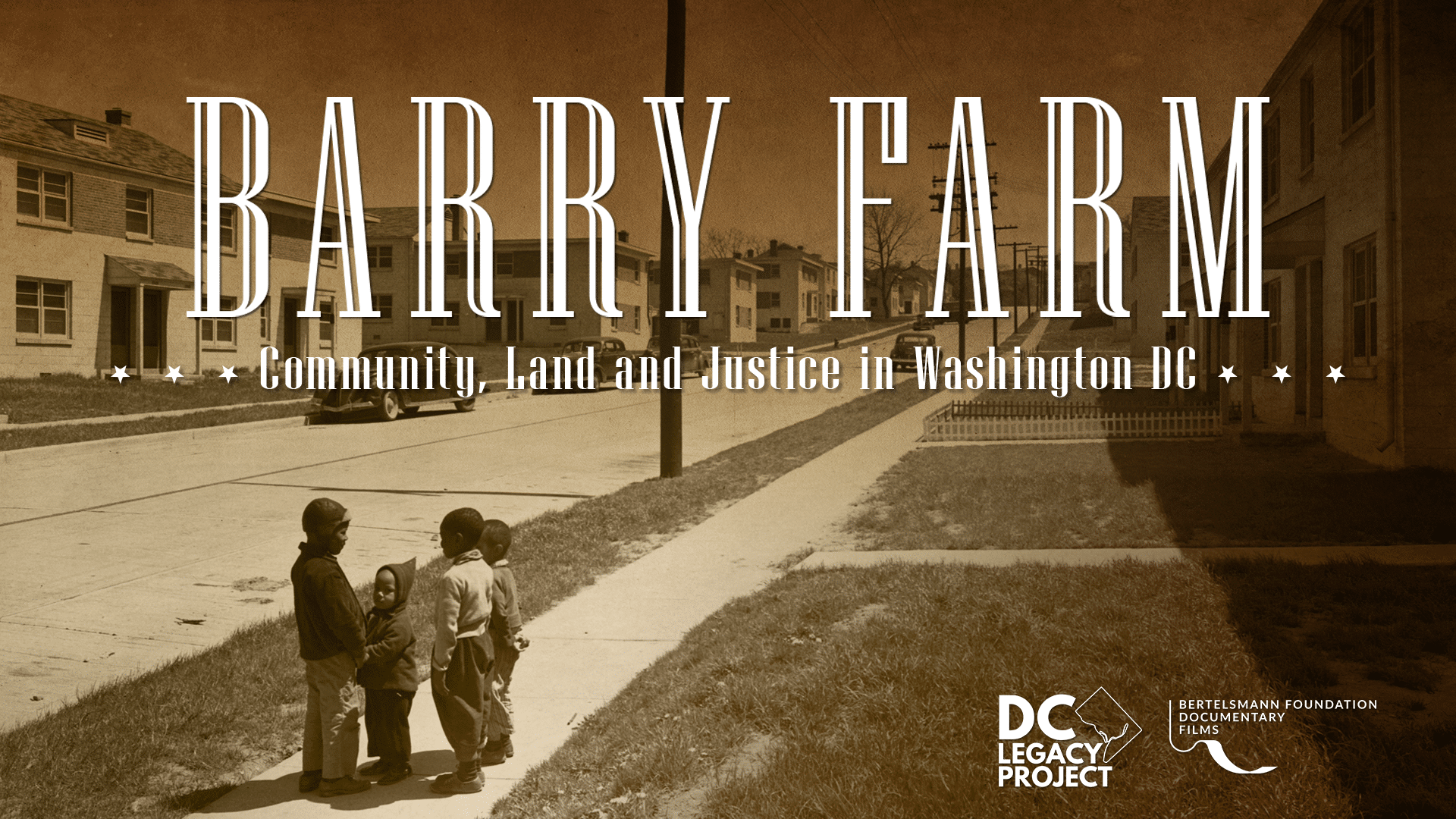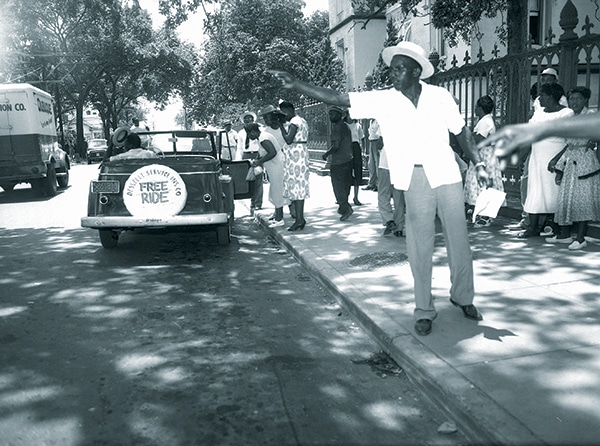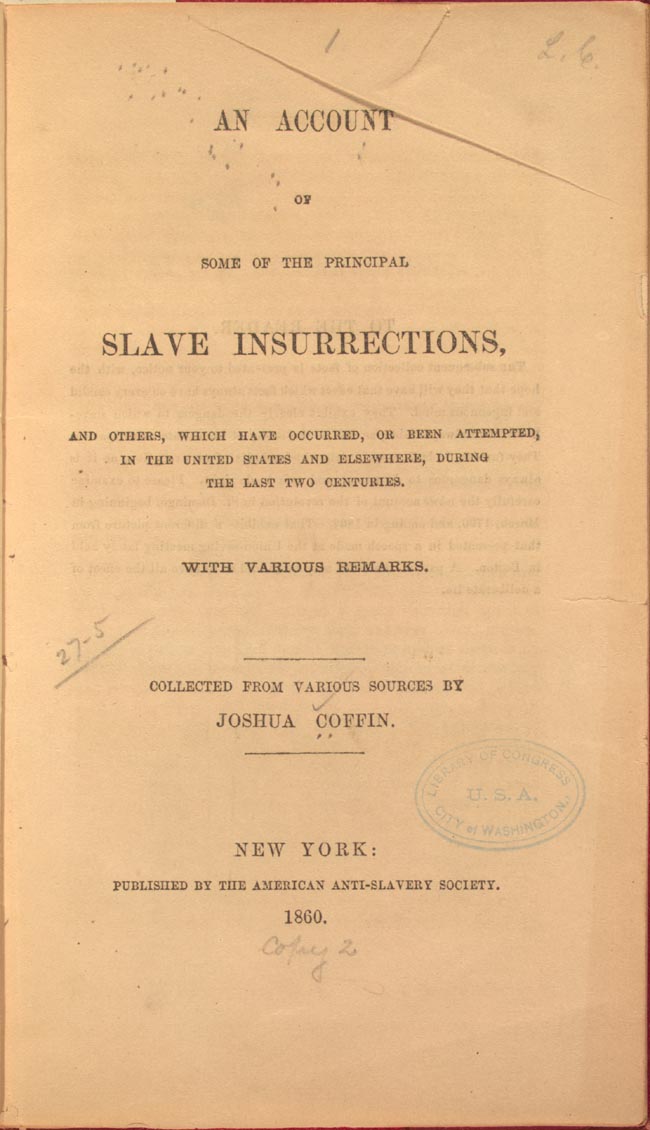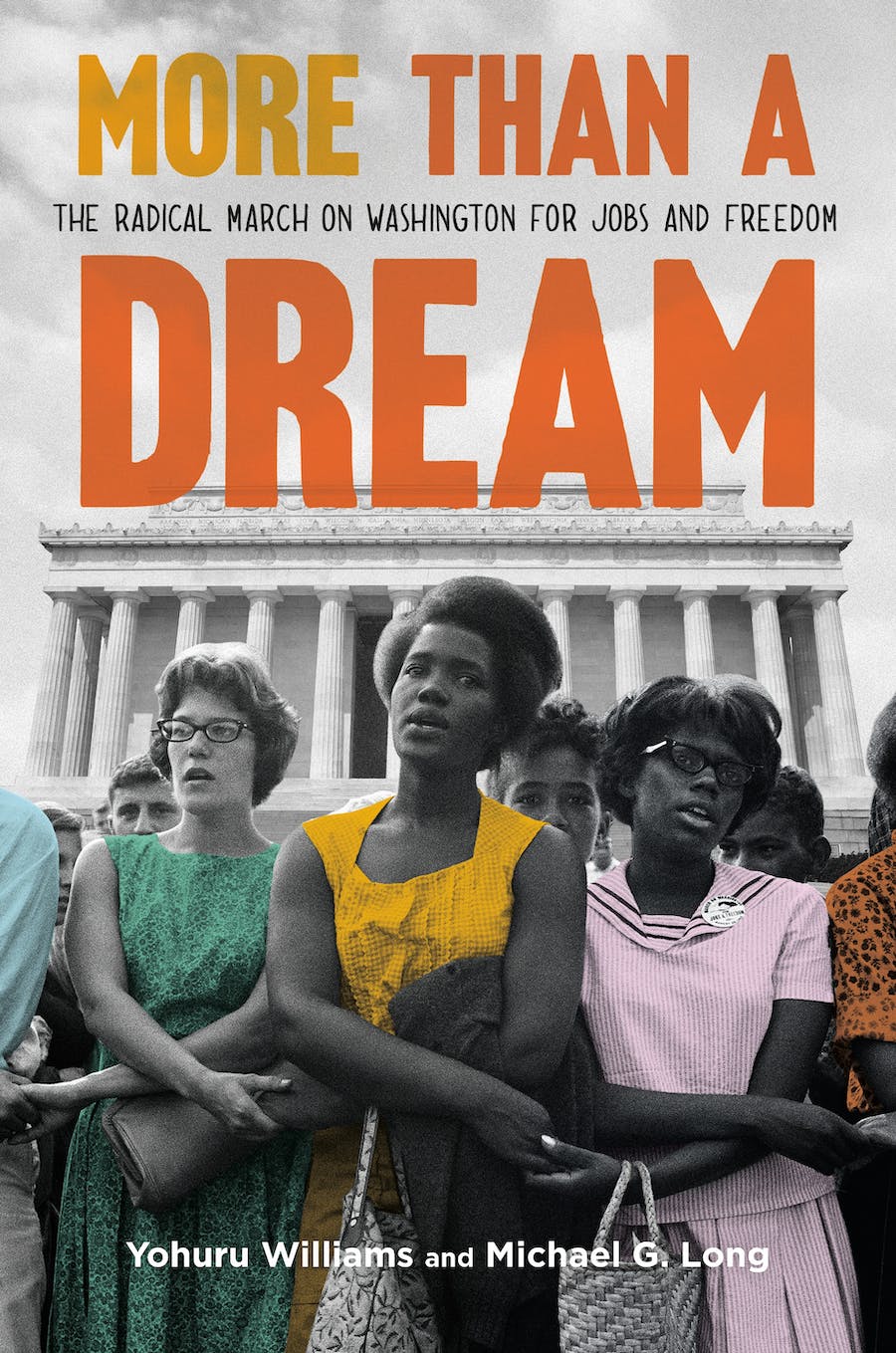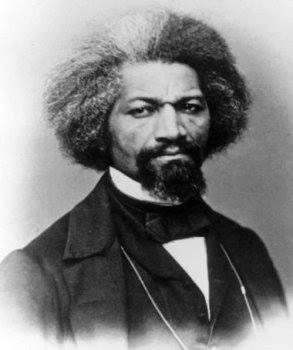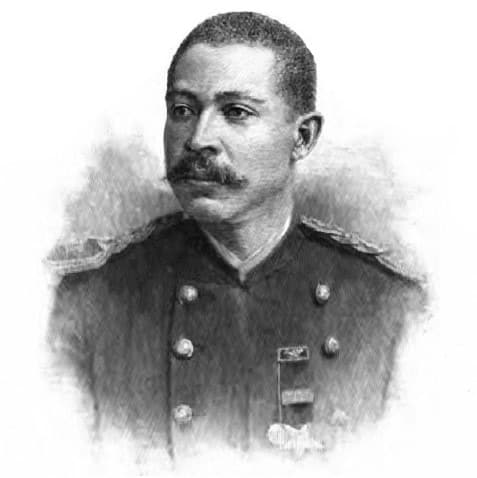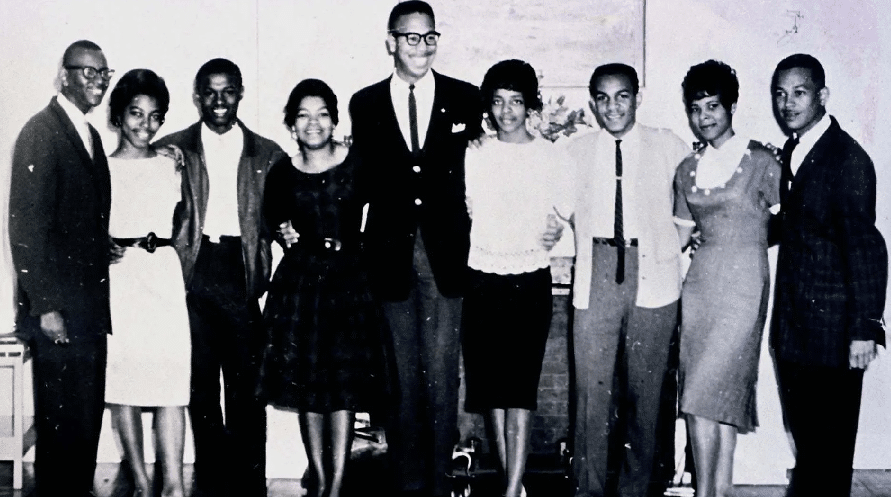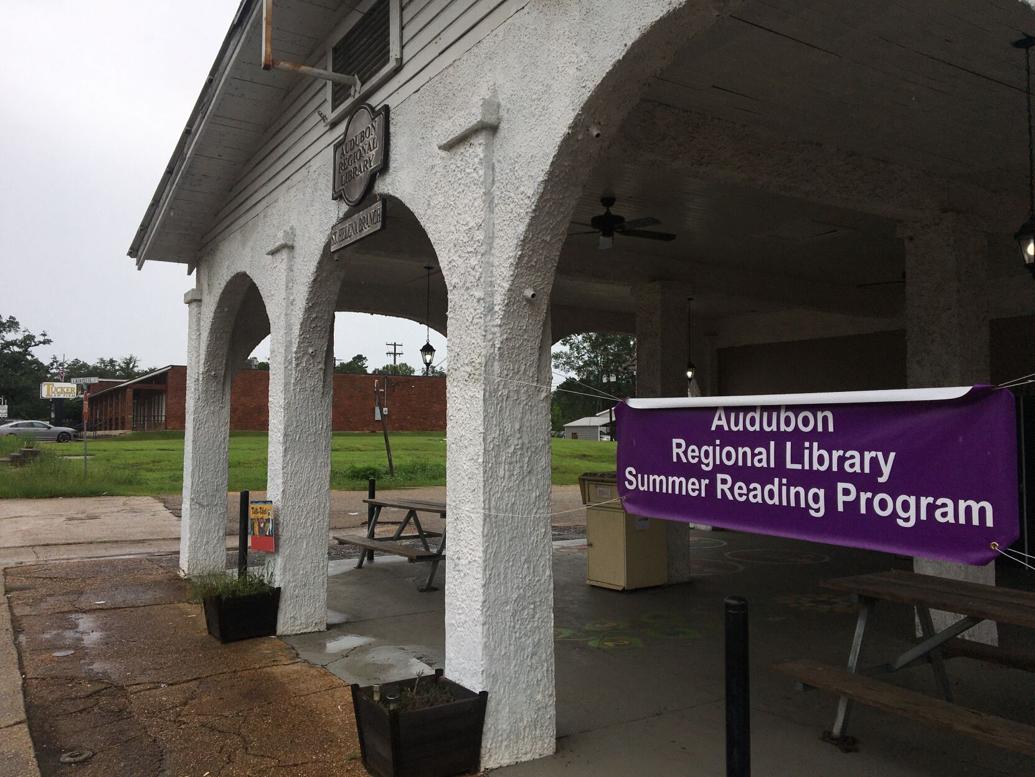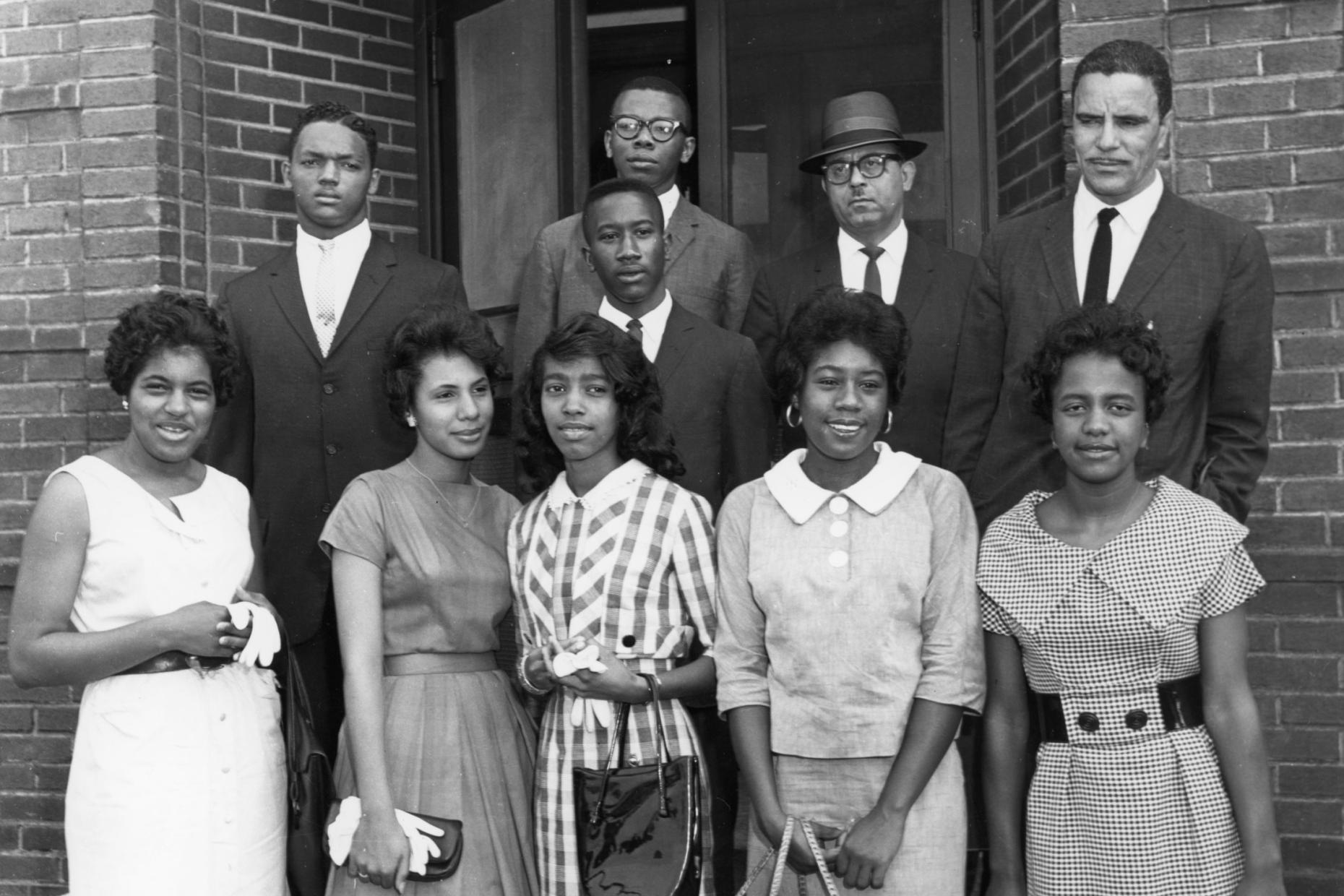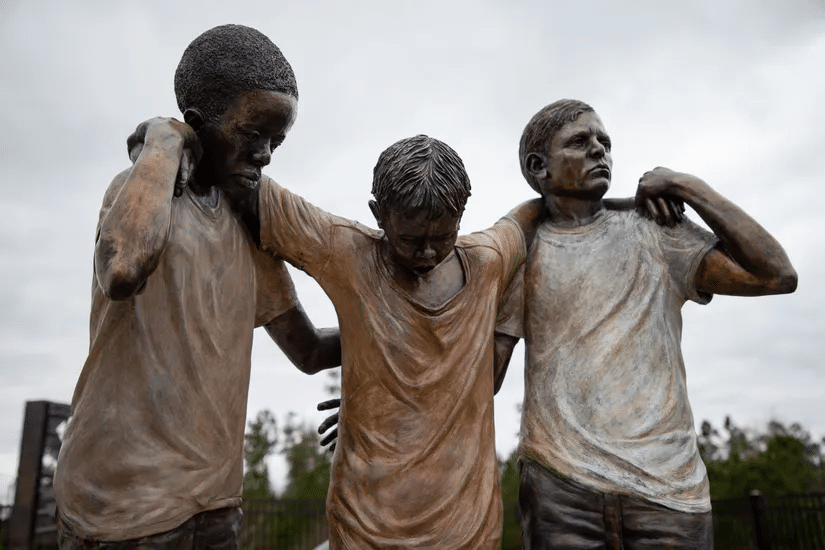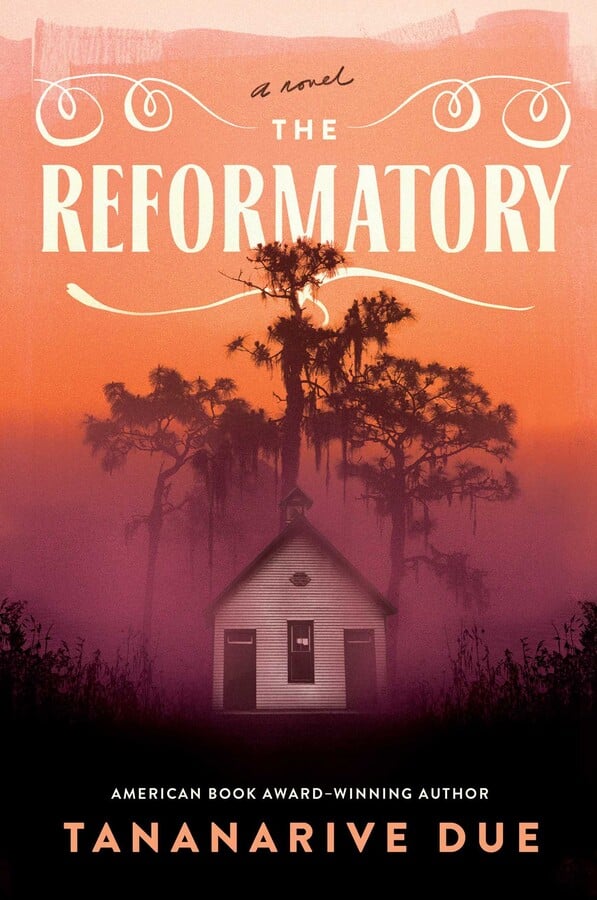Mary McLeod Bethune faced off against the Ku Klux Klan in defense of Black voting rights in Daytona, Florida.
Continue reading
Teaching Activity. By Say Burgin and Jeanne Theoharis. 6 pages.
This lesson expands students’ knowledge of how Black Montgomery secured a victory in the 1955–56 bus boycott by asking them to pay close attention to activists’ tactics — and what they did as white resistance mounted.
Continue reading
Teaching Activity. By Say Burgin, Jeanne Theoharis, and Ursula Wolfe-Rocca. 7 pages.
In this activity, students investigate Rosa Parks’ activism — and the gender and racial injustice to which it was a response — before and after her famous bus refusal.
Continue reading
Picture Book. By Carole Boston Weatherford. Illustrated by Frank Morrison. 2023. 40 pages.
The story of eighth grader MacNolia Cox, the first African American to win the Akron, Ohio, spelling bee, and the racism she faced during her journey to compete at the prestigious National Spelling Bee in Washington, D.C.
Continue reading
Picture Book. By Tameka Fryer Brown. Illustrated by Nikkolas Smith. 2023. 40 pages.
Learn about the history of the Confederate flag, the myths and the reality, through the story of two young girls.
Continue reading
Following the acquittal of four Miami police officers in the brutal murder of Arthur McDuffie, Black residents rose up in protest at the injustice of these acquittals.
Continue reading
After becoming governor of Florida in 1821, Andrew Jackson attacked the native and Black maroon community at Angola.
Continue reading
One of the most prominent Black officeholders in Florida during the Reconstruction era, Jonathan Clarkson Gibbs held the positions of Secretary of State and Superintendent of Public Instruction.
Continue reading
Famed civil rights lawyer and politician Z. Alexander Looby’s North Nashville home was dynamited in an assassination attempt.
Continue reading
Book — Non-fiction. Edited by Amie Thurber and Learotha Williams. 2021. 300 pages.
An exploration of Nashville's social justice sites and people's history, celebrating the power of counternarratives as a tool to resist injustice.
Continue reading
In 1966, 14 Black employees filed a complaint with the EEOC claiming that they were discriminated against in hiring and promotion at a power plant in North Carolina. Five years later, the Supreme Court delivered its landmark unanimous ruling prohibiting discriminatory practices by employers.
Continue reading
Book — Non-fiction. By Blair L. M. Kelley. 2023. 352 pages.
This book uses personal narratives to highlight the community and networks of resistance that Black laborers built in the face of racism and segregation in the late nineteenth and early twentieth centuries.
Continue reading
Book — Fiction. By Kelly McWilliams. 2023. 320 pages.
This young adult novel introduces readers to the history of slavery and its legacy today, challenging the Lost Cause narrative offered to visitors at most plantations (prison labor camps).
Continue reading
Book — Non-fiction. Edited by Colin Kaepernick, Robin D. G. Kelley, and Keeanga-Yamahtta Taylor. 2023. 220 pages.
A collection of critical voices from the Black radical tradition that provides access to a history that is still being suppressed today.
Continue reading
Film. By Sabiyha Prince and Samuel George. 2023. 50 minutes.
This documentary examines the history and impact of redevelopment on African American communities, looking at Barry Farm in Washington D.C. in particular.
Continue reading
Black leaders in Baton Rouge, Louisiana formed the United Defense League (UDL) to protest bus segregation and persuaded thousands of Black residents to boycott buses until an agreed upon compromise was met.
Continue reading
Enslaved people on a Santo Domingo sugar plantation owned by the son of Christopher Columbus attempted to free themselves and take over the land in the earliest recorded slave uprising in the Americas.
Continue reading
Book — Non-fiction. By Yohuru Williams and Michael G. Long. 2023. 272 pages.
A look at the March on Washington through a wider lens, using Black newspaper reports as a primary resource, recognizing the overlooked work of socialist organizers and Black women protesters, and repositioning this momentous day as radical in its roots, methods, demands, and results.
Continue reading
In his 1860 speech commemorating radical abolitionist John Brown’s raid on Harper’s Ferry, Frederick Douglass argued that slavery would only end if the slave owner feared the violent retribution of the enslaved.
Continue reading
Hoping to spark a movement in protest of the Belgian government’s role in its African colony, historian George Washington Williams wrote an open letter to Belgian King Leopold II exposing atrocities in the Congo.
Continue reading
Nine Tougaloo College students and members of the Jackson Youth Council of the NAACP staged a sit-in to protest segregation at the Jackson Public Library in 1961 and were subsequently arrested.
Continue reading
Four Black teenagers tried to enter the whites-only St. Helena branch of the Audubon Regional Library in Greensburg, Louisiana. Instead, the library closed. Undeterred, the St. Helena Four continued to try to desegregate the local library and other segregated facilities.
Continue reading
In an act of civil disobedience against the whites-only Greenville County Public Library, eight young Black people entered the library, began reading, and were subsequently arrested. They became known as the Greenville Eight, and the library finally desegregated months later after many legal battles.
Continue reading
The infamous Arthur G. Dozier School for Boys in Marianna, Florida swirled with allegations of cruelty, rape, and physical abuse for nearly all of its 111 years.
Continue reading
Book — Historical fiction. By Tananarive Due. 2023. 576 pages.
Follow 12-year-old Robbie Stephens Jr., who journeys into the terrors of the Jim Crow South and the very real horror of the school they call The Reformatory.
Continue reading

